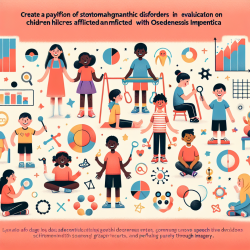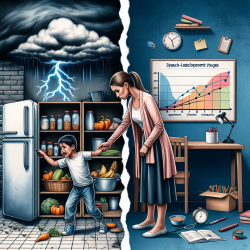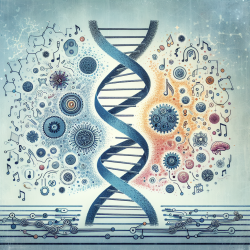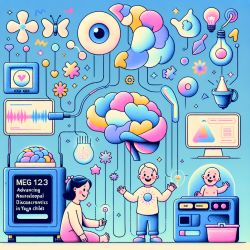In recent years, the importance of mental health awareness among adolescents has gained significant attention. The Saving and Empowering Young Lives in Europe (SEYLE) intervention study stands out as a pioneering effort to address this crucial issue. By focusing on suicide prevention and mental health awareness, SEYLE has provided valuable insights into how we can better support young people in navigating their emotional landscapes.
The SEYLE Awareness Program: A Holistic Approach
The SEYLE study implemented a comprehensive Awareness program aimed at adolescents aged 14-16 across 11 European countries. This program was designed to empower young individuals by increasing their awareness of mental health issues and equipping them with problem-solving skills. Through a combination of cognitive and emotional learning techniques, such as lectures and role-play sessions, the program sought to create a safe space for adolescents to explore sensitive topics.
Key Components of the Awareness Program
- Cognitive Learning: Lectures on mental health and disorders provided foundational knowledge.
- Emotional Learning: Role-play sessions facilitated experiential learning and empathy development.
- Interactive Environment: A hands-on approach encouraged active participation and reflection.
The program's success lay in its ability to foster peer understanding and support. Adolescents learned not only about mental health but also enjoyed the experience, which was crucial in breaking down the stigma surrounding these topics.
Lessons Learned: Enhancing Future Programs
The SEYLE study highlighted several key lessons that can guide future mental health awareness initiatives:
- Flexibility is Key: Programs should allow for cultural adaptations and flexibility in addressing diverse classroom needs.
- Peer Support Matters: Encouraging peer support networks can significantly enhance the program's impact.
- Engagement Through Interaction: Interactive workshops are more effective than traditional lectures in engaging adolescents.
- Involving Stakeholders: Cooperation from schools, teachers, and local authorities is essential for successful implementation.
The feedback from participants revealed that while the program was well-received, there were areas for improvement. For instance, extending the duration of role-play sessions could allow for deeper exploration of complex topics like depression and suicide. Additionally, involving external facilitators rather than school staff helped create a non-judgmental environment where students felt safe to express themselves.
The Role of Practitioners: Implementing Effective Strategies
For practitioners looking to implement similar programs, the SEYLE study offers several actionable strategies:
- Create a Safe Space: Ensure that students feel comfortable discussing sensitive issues without fear of judgment.
- Utilize Diverse Teaching Methods: Incorporate role-play, discussions, and multimedia resources to engage students effectively.
- Encourage Open Communication: Foster an environment where students feel empowered to share their thoughts and feelings.
- Cultivate Empathy: Use interactive activities to help students develop empathy and understand different perspectives.
The SEYLE study underscores the importance of tailoring programs to meet the unique needs of adolescents. By focusing on flexibility, peer support, and stakeholder involvement, practitioners can create impactful mental health awareness initiatives that resonate with young people.
A Call to Action: Continuing the Conversation
The findings from the SEYLE study serve as a call to action for educators, policymakers, and mental health professionals. By continuing to prioritize youth mental health awareness and suicide prevention, we can create a supportive environment where young people feel empowered to seek help when needed.
If you're interested in exploring this topic further or implementing similar programs in your community, consider reviewing the original research paper for more detailed insights. Suicide prevention for youth - a mental health awareness program: lessons learned from the Saving and Empowering Young Lives in Europe (SEYLE) intervention study










